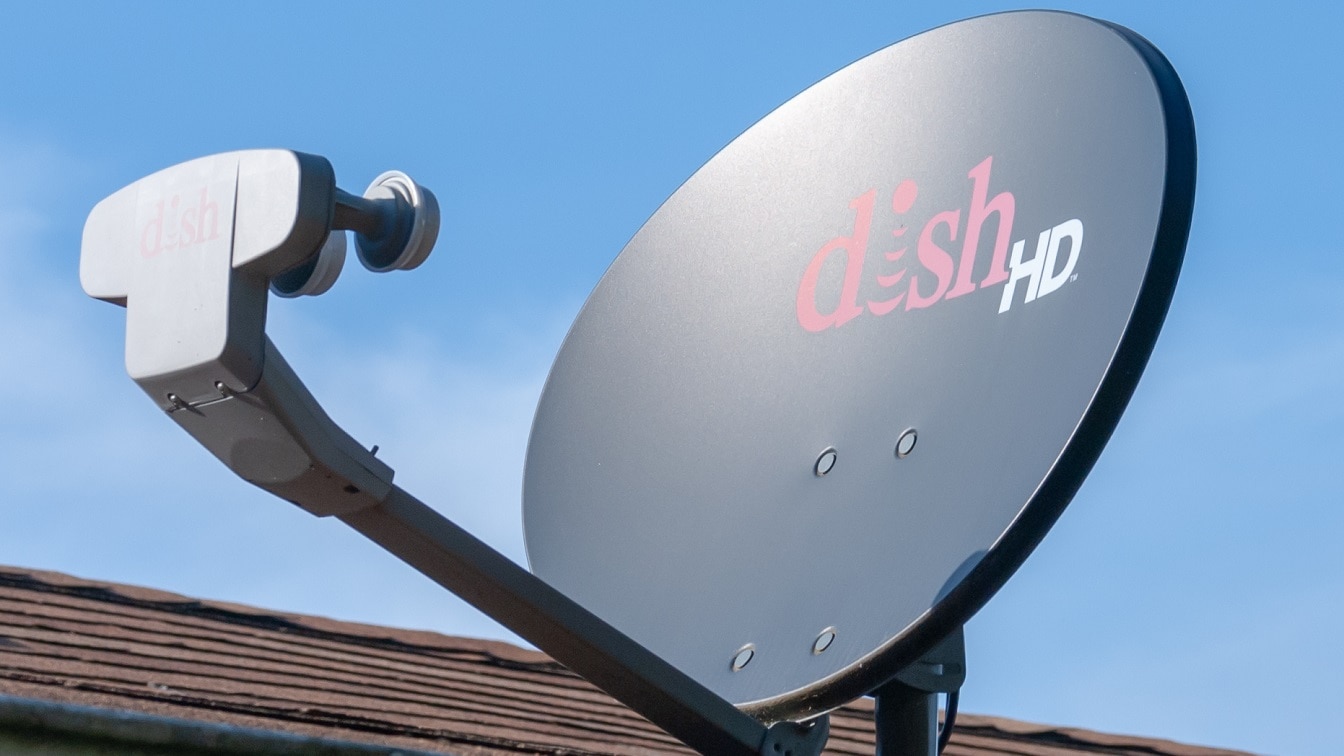On an earnings call in November, Dish Network Chairman Charlie Ergen stated that a merger between his company and DirecTV could happen “in the near term.”
He was especially referring to the midterm elections, which at the time were just a few days away.
“I can’t speak for anybody else. I’ve always said I thought it was inevitable,” Ergen said on the call when he was asked about possible DirecTV talks. “I haven’t changed my opinion on that. I do think the political environment when an election is going on, you don’t really want to — your hesitant to be a political pun — football for somebody to complain about big companies or whatever in an election cycle, but that election cycle is over next week. And then you have a window where I think all companies are looking at M&A. You’re probably going to see some increased activity in that sense.”
More than a month after that statement, with the elections long over, there has yet be any reported movement on a merger between the satellite broadcasters, both of which have been bleeding subscribers for the last several years.
Of course, Ergen has in the past, many times, in fact, described an eventual merger between satellite companies as “inevitable,” including on all of the company’s recent earnings calls.
DirecTV and Dish Network, then part of EchoStar, did nearly merge, in 2002, although the agreed merger was blocked that year by the FCC.
There have been discussions and rumors at various other points in the ensuing 20 years.
It was discussed when AT&T when spinning off DirecTV in 2020, although regulators at the time reportedly blocked any such discussions, and the spinoff proceeded without Dish’s involvement. In January of this year, the New York Post reported that the talks were on again and that regulatory concerns had dissipated somewhat, although no deal was agreed to.
The newspaper at the time said that the talks were driven by TPG, a part-owner of DirecTV after the AT&T spinoff, which was seeking to get its investment back.
Aside from Ergen’s quarterly pronouncements about the inevitability of a merger, there has been little news in 2022 about such talks, at least since the Post report nearly a year ago.
According to the most recent quarterly report by Leichtman Research Group, Inc. (LRG) on cord-cutting, DirecTV lost 400,000 subscribers in the third quarter, leaving it with 13.5 million, while Dish Network lost 184,000, leaving it with 7.6 million.
The “Other Traditional Services” category, consisting of satellite and fiber services, lost a total of around 700,000 subscribers in the quarter. In a quarter in which every cable or satellite provider outside of the live tv streaming (vMVPD) category lost subscribers, DirecTV’s loss was second only to that of Comcast, which dropped 562,000 subscribers.
TV Answer Man, meanwhile, noted this week that DirecTV has lost more than 12 million subscribers since AT&T bought the company in 2015- effectively cutting the company’s subscriber base in half. The site was citing a report from Fitch Ratings, which affirmed the Long-Term Issuer Default Ratings (IDRs) of DirecTV’s entertainment and financing arms.
“The ratings reflect the company’s scale as one of the largest multi-channel video programming providers in the U.S., strong cash flows and its conservative leverage profile. Concerns include the continued, industry-wide secular pressure on providers of traditional linear television as consumers’ have shifted a material portion of their video consumption to a variety of over-the-top streaming services,” Fitch said.
The report did not comment on a potential merger with Dish, but it did compare the two companies.
“DIRECTV is similar to DISH Network which also provides satellite TV services and virtual MVPD services through Sling TV,” Fitch said. “DISH has a lower scale with a customer base totaling approximately 10 million subscribers and operates with higher leverage (in the high 5x range).”
Stephen Silver is a Senior Editor for 19FortyFive. He is an award-winning journalist, essayist and film critic, who is also a contributor to the Philadelphia Inquirer, the Jewish Telegraphic Agency, Broad Street Review and Splice Today. The co-founder of the Philadelphia Film Critics Circle, Stephen lives in suburban Philadelphia with his wife and two sons. Follow him on Twitter at @StephenSilver.

